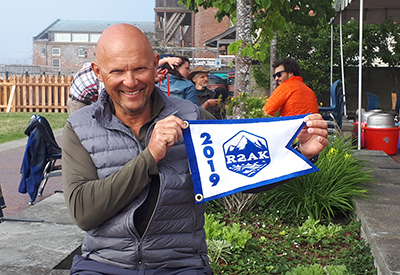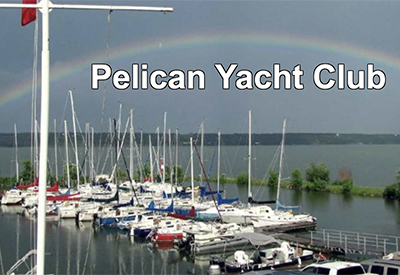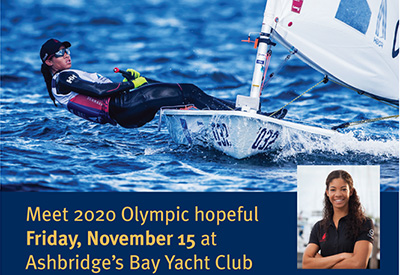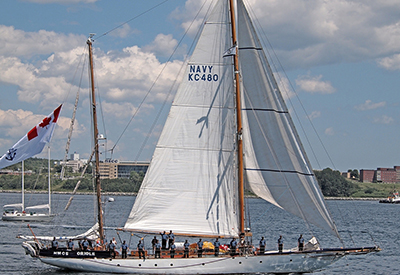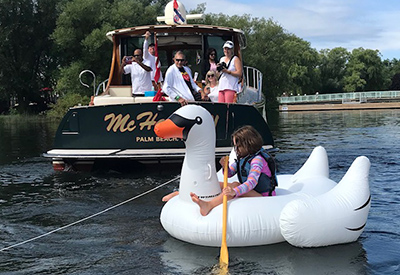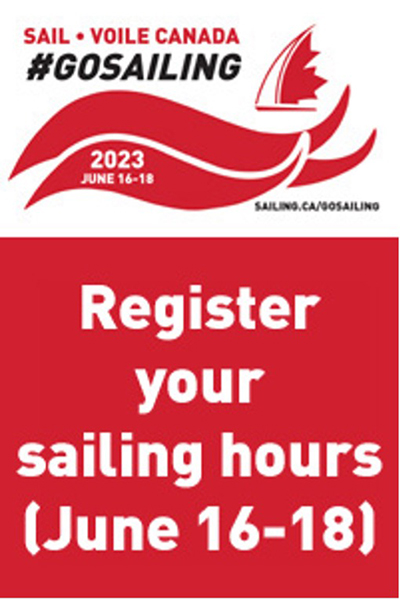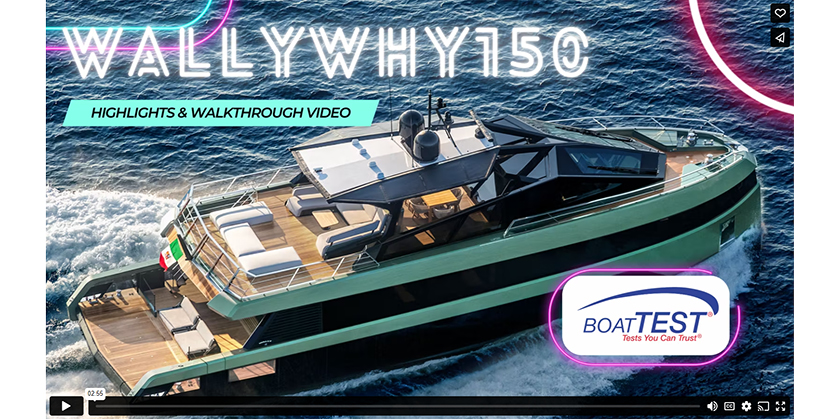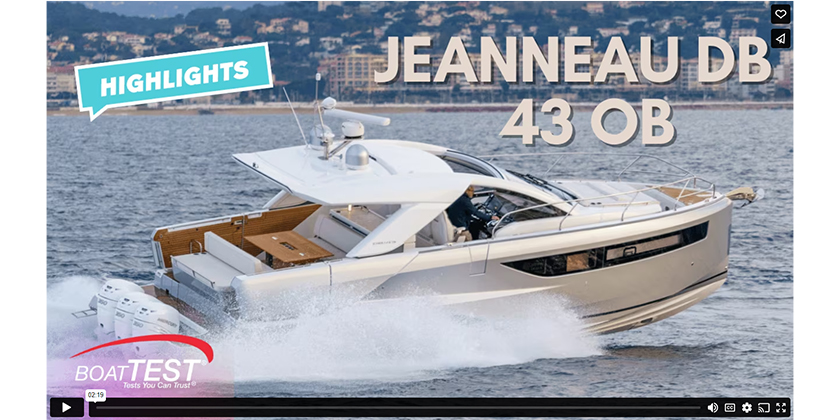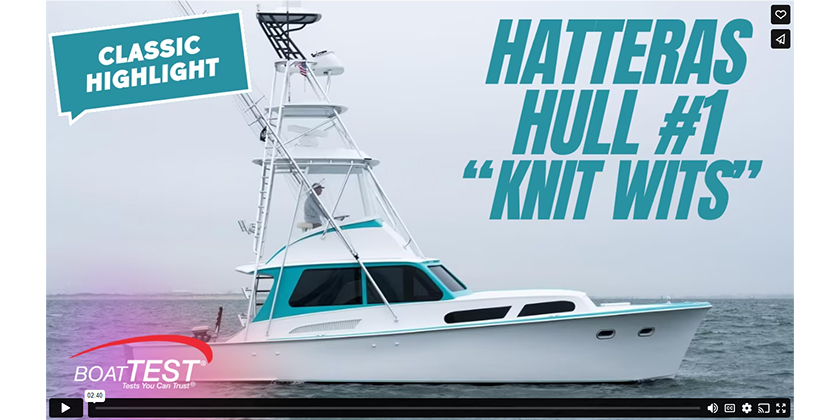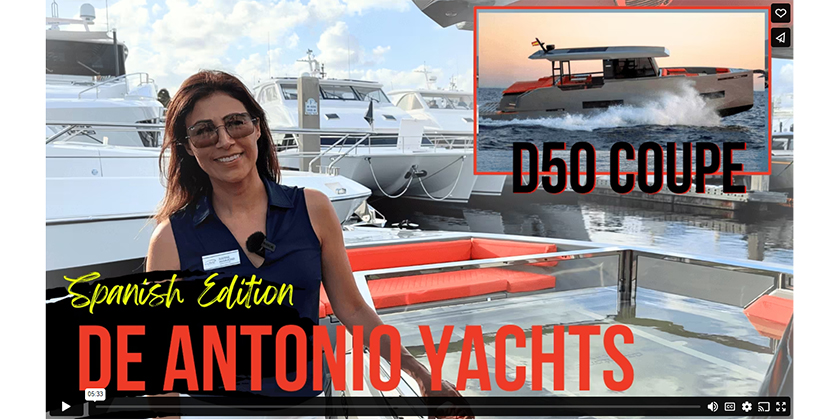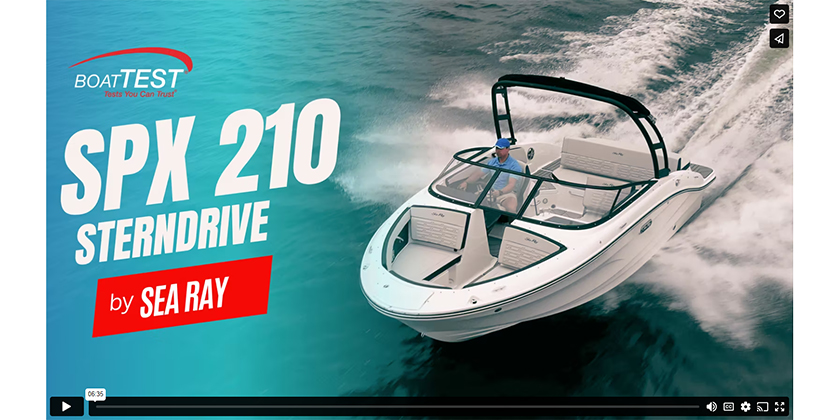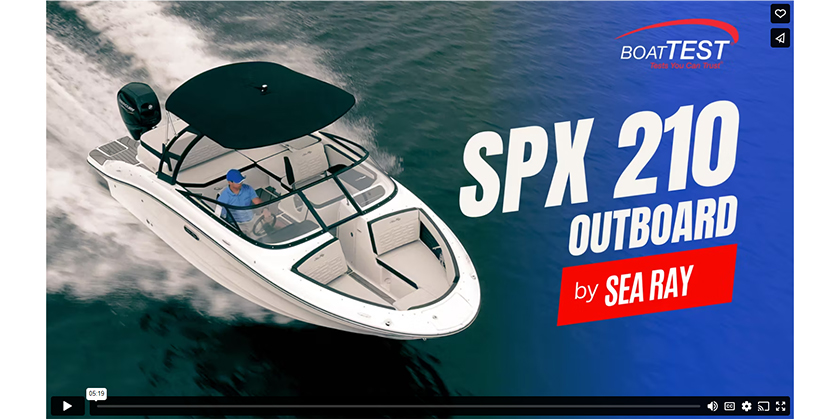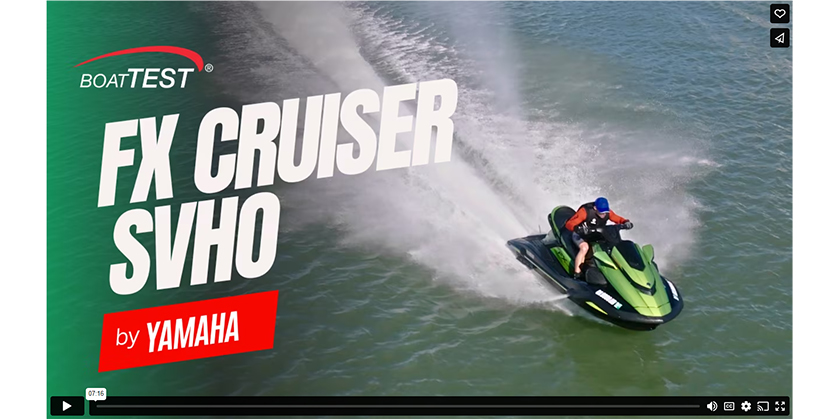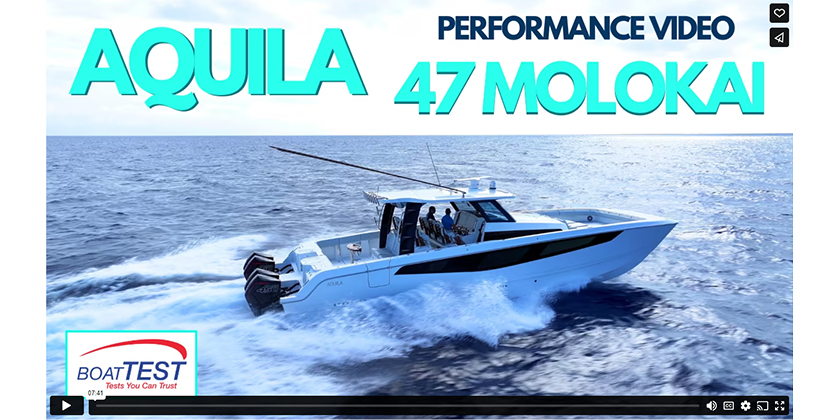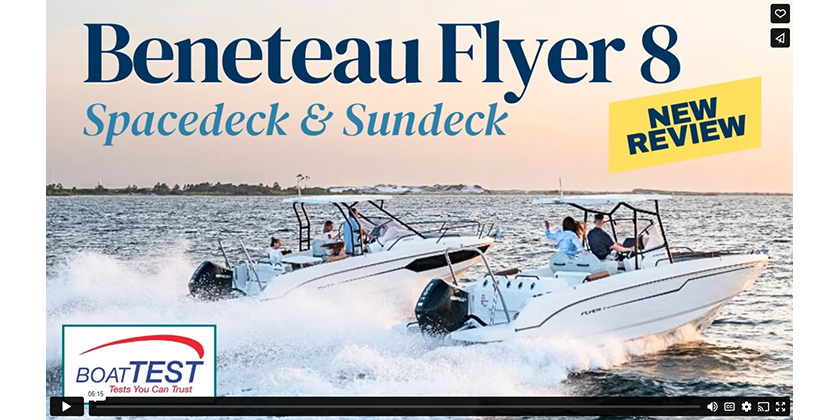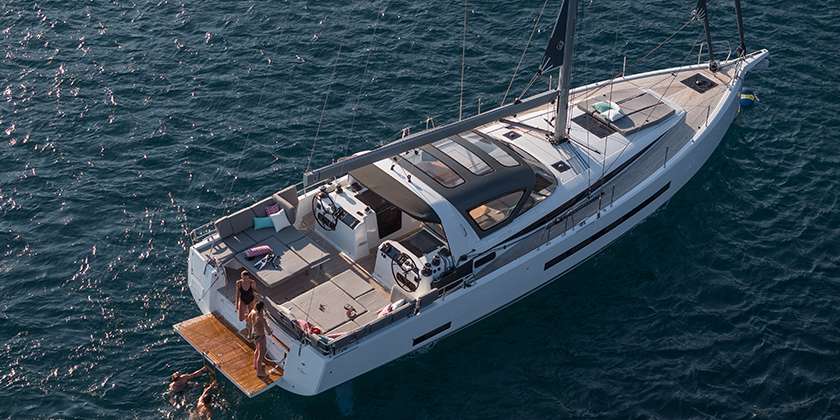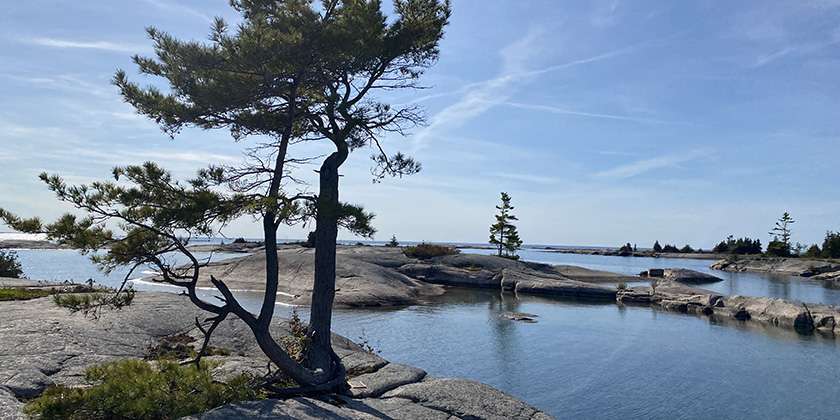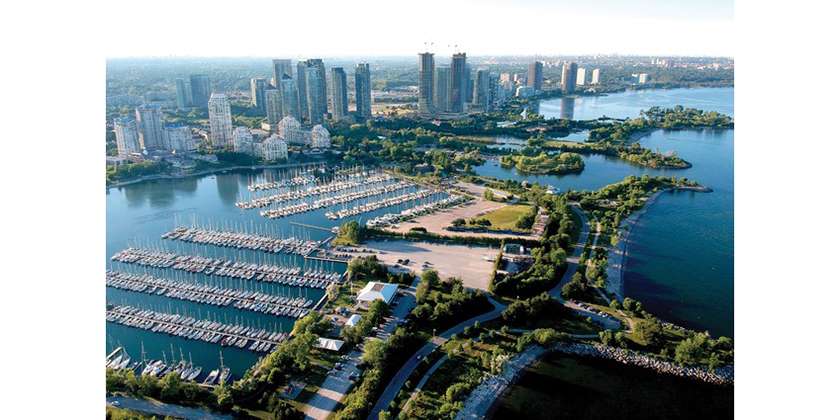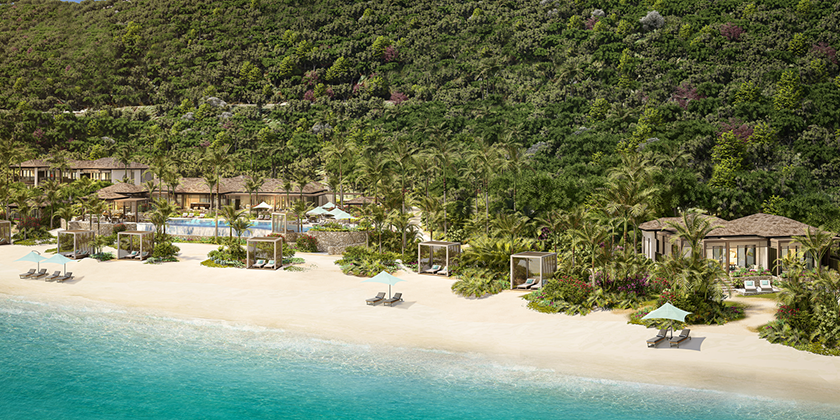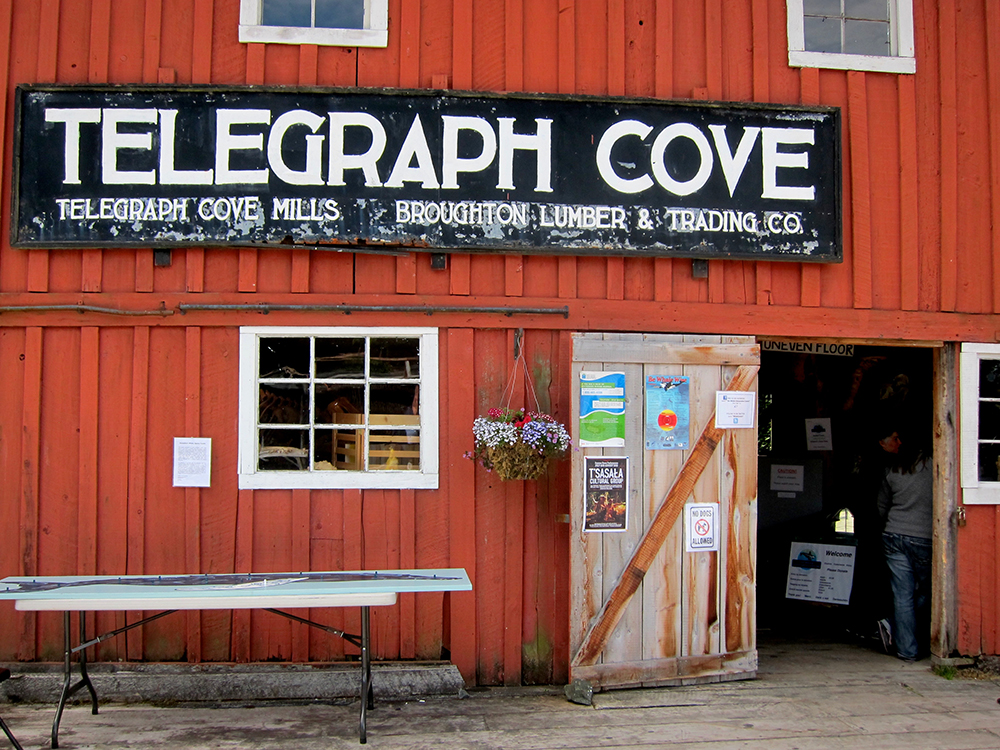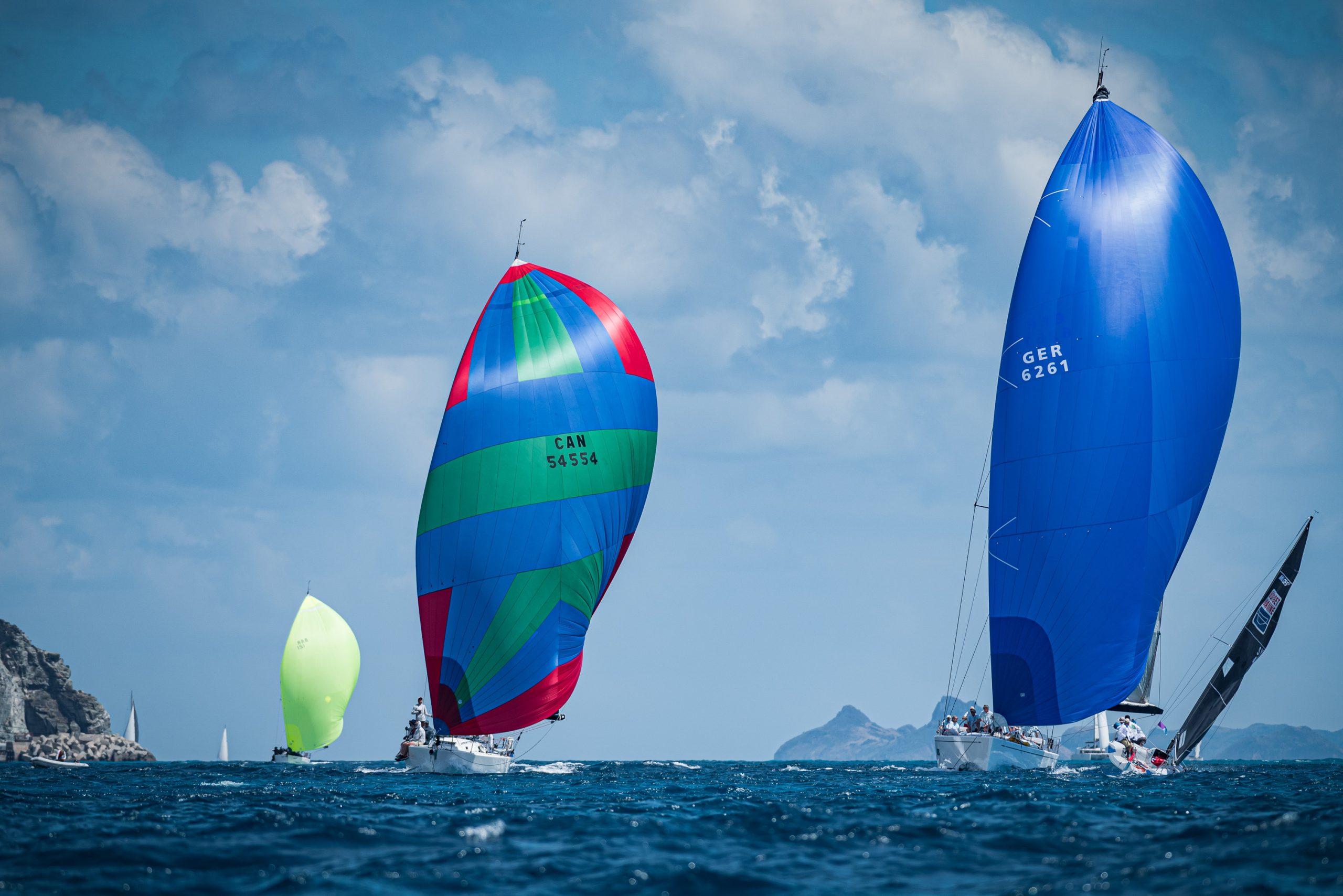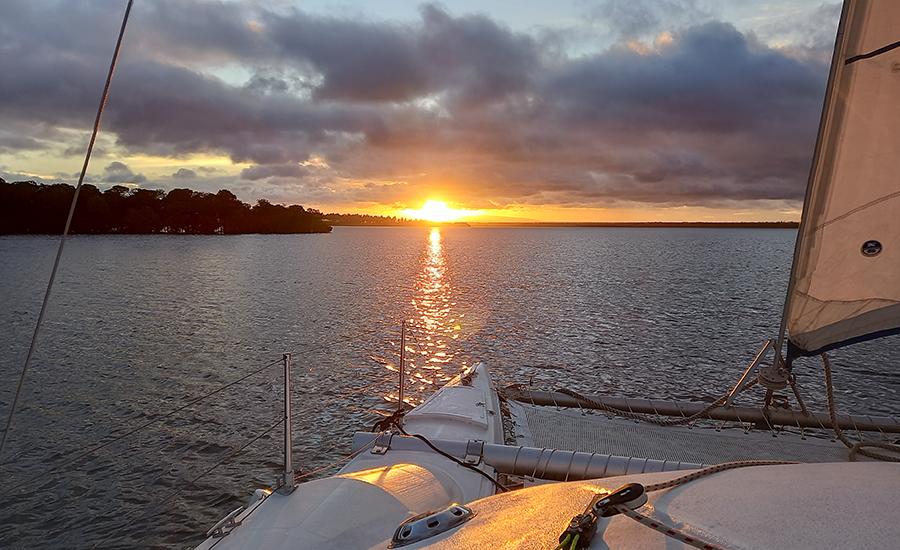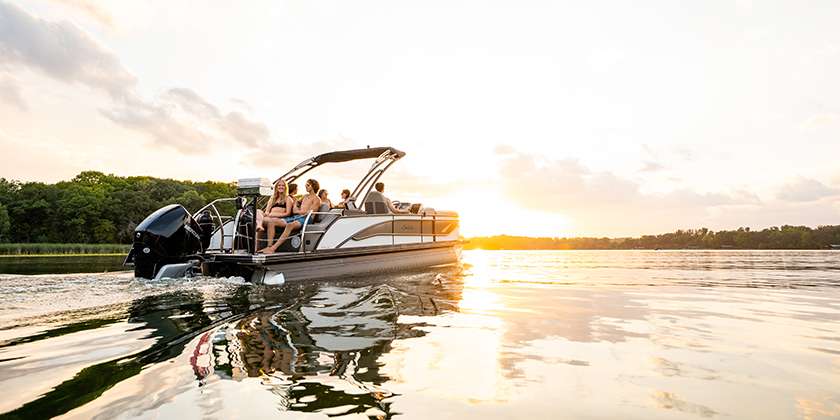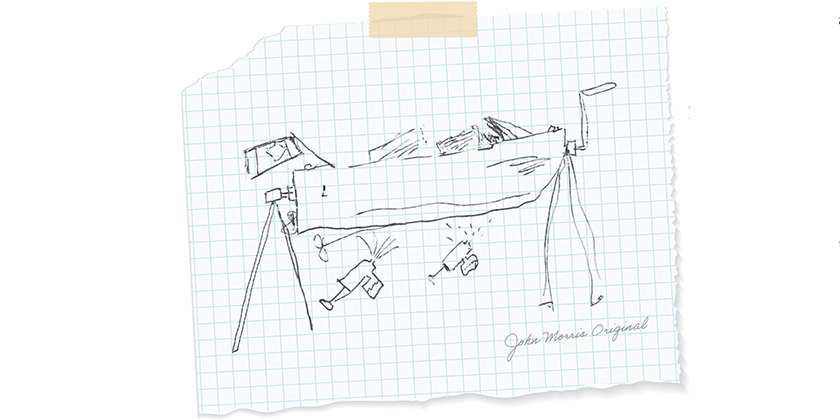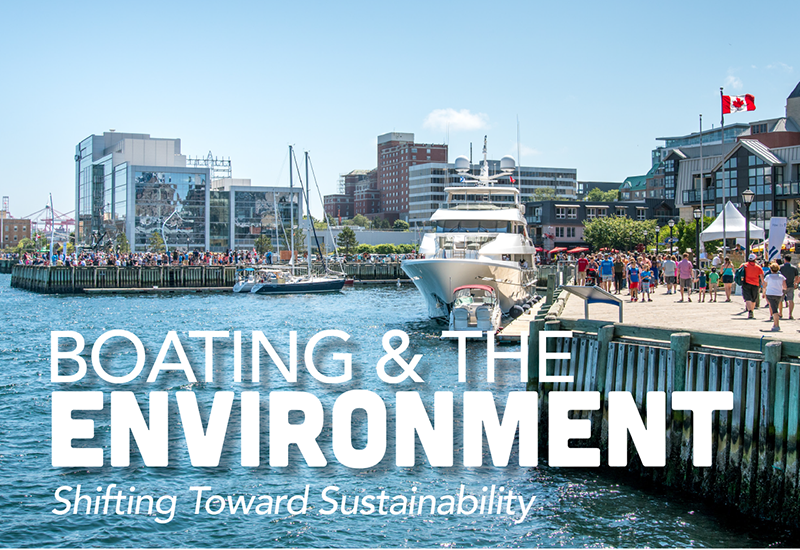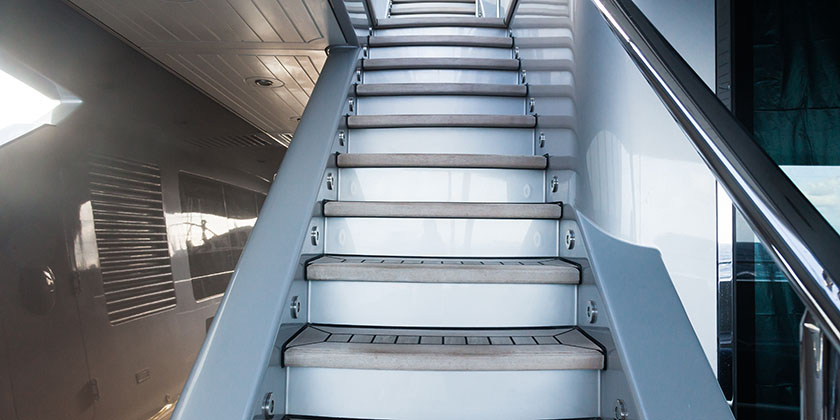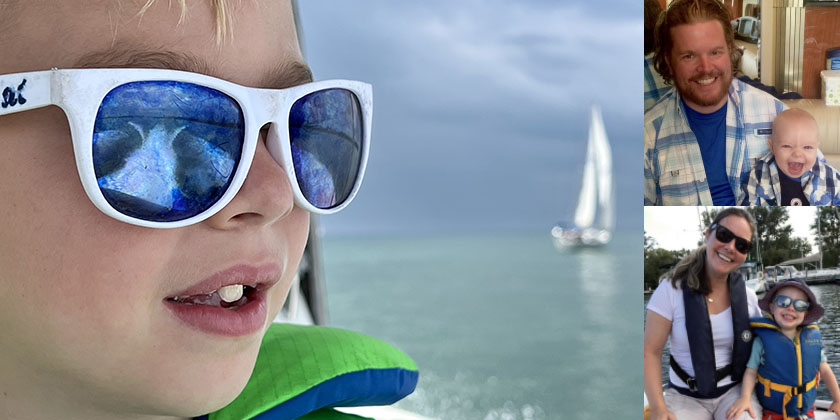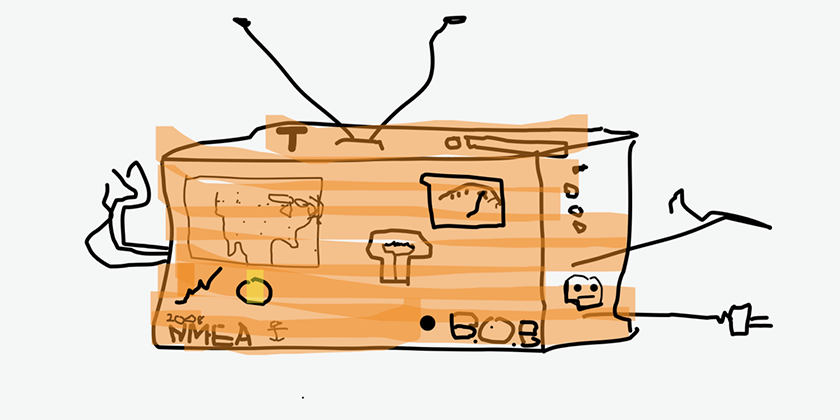Your Gussies Vote Counts – Here’s How
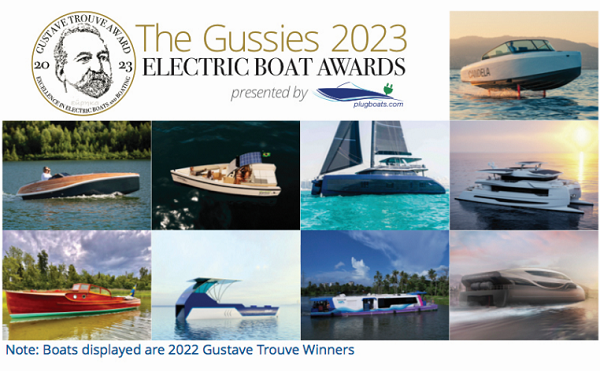
Oct 12, 2023
The Gustave Trouvé Awards – ‘Gussies’ – were launched in 2020 to recognize achievements in the growing electric boat world, with 50 boats entered in three categories. Now, four years later, 160 electric boats participated in 9 categories.
If you want to see what is going on in electric boats this is the place to start. A panel of international judges have narrowed those 160 boats to 62 Finalists, and the public is invited to check them out and vote to help decide the winners. There are also 19 boats in the Retrofitted / Customized / DIY category that are all entered into the finals as a salute to the hard work and ingenuity that goes into each of them.
In other categories the boats range from high speed runabouts to leisure cruise and pontoon boats to electric hydrofoiling ferries to hydrogen coach boats to electrified sailboats and tugboats to the world’s largest battery-electric ferry (130m / 425 ft.). There are categories for both production boats and boats ‘In Development’, showing off a variety of innovations.
Canada has three finalists, including the Vision Marine Technologies S2 Powerboat that set the world electric boat speed record of 116 miles an hour in August. There are 24 other countries represented, with boats from every continent except Antarctica:
Argentina, Australia, Austria, Bulgaria, The People’s Republic of China, Denmark, Finland, France, Germany, India, Italy, Monaco, Netherlands, Norway, Poland, Slovenia, South Africa, Spain, Sweden, Switzerland, Turkiye, UK, USA and Vietnam.
“What the Finalists, and indeed all of the nominated boats demonstrate, is that ‘an electric boat’ can now be any kind of boat that just happens to be powered by batteries and/or hydrogen instead of by burning fossil fuel.” said Jeff Butler, Editor/Publisher of Plugboats.com and Founder/Chair of The Gussies.
“The ‘In Production’ categories of the Gussies are filled with boats that are in use every day by recreational and commercial owners who are not just interested in protecting our waters and air, but love the quiet of electric boats, the lack of noxious fumes and minimal maintenance. They are also proving that electric propulsion can satisfy the range requirements of the vast majority of boaters.”
So who is this Gustave Trouvé? He’s a prolific French inventor with over 75 patents – among them the world’s first outboard boat motor, which he devised in 1861 so that he could detach the motor from his prototype electric boat ‘Le Teléphone’ and take it home for further work in his Paris apartment. That was 6 years before the first patent for an internal combustion engine.
If you would like to see far electric boats have come since then, and where they are headed, the voting page is https://plugboats.com/vote-for-the-worlds-best-electric-boats-in-the-2023-gussies-awards/. It has photographs and descriptions of each boat with links to the Finalist company’s website for more information. The voting is open until October 25 and the the Gussies winners will be announced Saturday, October 28.

